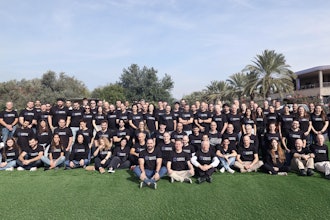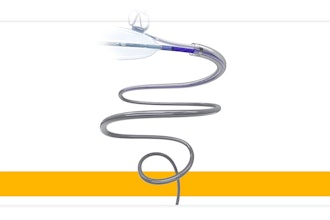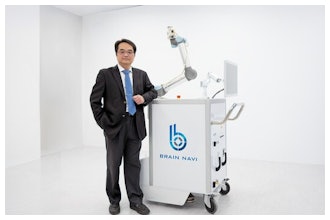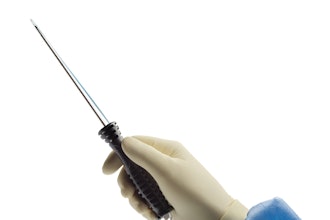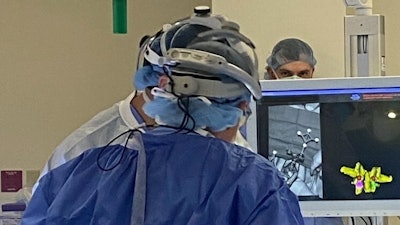
PathKeeper Surgical, an Israeli medical technology company committed to advancing surgical solutions through camera and machine learning technologies, announced it has entered into a know-how agreement with Mayo Clinic to research radiation levels in pediatric spine surgeries. The research will focus on reducing patient radiation exposure using minimally invasive optical navigation and utilizing intraoperative measurement tools for scoliosis correction, including vertebral body tethering.
To address the unique challenges of pediatric patients undergoing spine surgery for scoliosis, Mayo Clinic pediatric spine surgeons Noelle Larson, MD, and Todd Milbrandt, MD, are collaborating with PathKeeper Surgical, a company widely known for its cutting-edge optical navigation that prioritize precision, safety, and minimization of radiation exposure.
The cornerstone of this collaboration lies in PathKeeper Surgical's novel Machine Learning software and proprietary laser-optic navigation, allowing surgeons to achieve sub-millimetric accuracy in tool tracking and registration.
The objective is to improve interventions and mitigate risks associated with scoliosis surgery, while opening new possibilities for complex deformity correction.
"We are proud to collaborate with Mayo Clinic," said Erez Lampert, founder and Chief Executive Officer at PathKeeper Surgical. "Our focus on accuracy and radiation reduction underscores our commitment to advancing spine surgery, and providing surgeons with the information they need to make decisions with very high precision."
The research and development efforts will include refining and expanding the application of PathKeeper's technology to tackle the unique challenges posed by pediatric spine surgery. This collaboration aims to elevate the standard of care, emphasizing improved outcomes and heightened safety for young patients.









